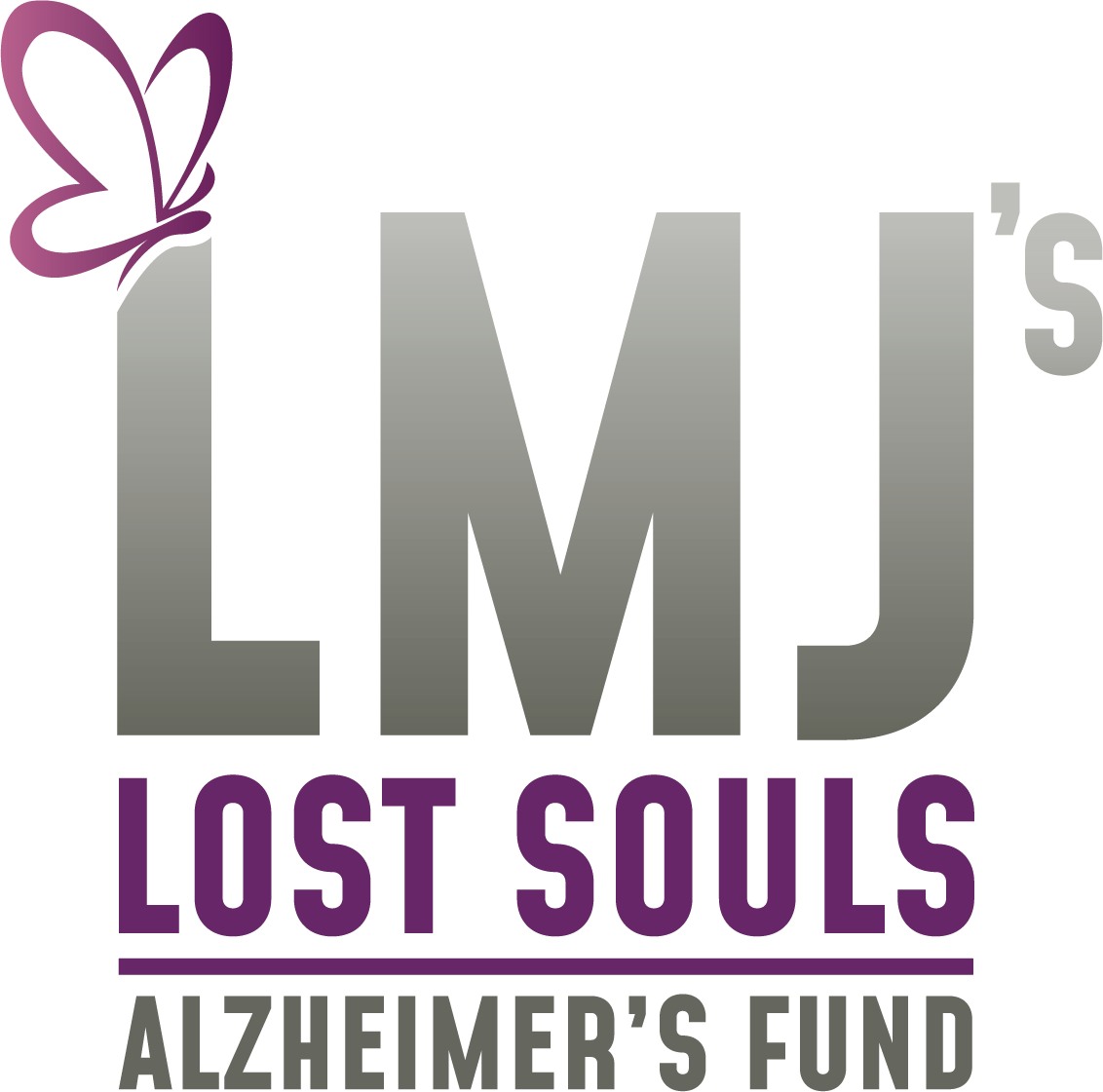Massage for Brain Health
If you’ve ever fallen asleep while receiving a massage therapy treatment, then you’ve experienced firsthand how skilled touch therapy greatly affects brain wave activity. You know; that perfect twilight zone feeling of having some consciousness while dosed off. It’s generally known that a 60-minute massage treatment gives the mind and body about the same result as 8 hours of sleep; and it feels amazing! What does that mean for those that don’t nap during a massage? Not to worry because massage therapy generally helps boost the nervous system and brain clarity, concentration, memory, alertness, and much more! This is beneficial as a preventive care as well as a treatment to existing symptoms. Since the physical connection between the mind and body is the spinal cord, our brains communicate and understand the body’s environment through nerve signal function. So, whether the massage treatment is focused on an injury recovery, symptom relief or just general wellness care, the brain is receiving and sending information and working to help its environment.
When we look at the umbrella of Dementia, symptoms also may include depression, anxiety, and agitation. I’ve personally worked with Dementia and Alzheimer’s patients who were far advanced in the diseases, and it is amazing to see increased awareness and happiness in their expressions after receiving massage therapy. Unfortunately, there still isn’t enough research done to give number data on the therapy for Alzheimer’s, but just seeing how those patients were always happy to see me was a great sign. As with anybody receiving skilled touch therapy, we always ask permission and get consent. Even if the person affected by Alzheimer’s may not talk, they can still communicate rejection or acceptance and is important to be aware of their body language. What we do know is that caring touch can still be very familiar and effective. According to Journal of Clinical Nursing, studies have shown significant improvements of relaxation in elderly who were given a ten-minute hand massage. Also, according to a resource article from Massage Today, patients receiving frequent five- or ten-minute hand, back or foot massage showed a significant decrease in agitation, stress levels, and communicates comfort and uplifts mood. Those of us who know a relative with Dementia may have seen how a simple hug or holding a loved one’s hand can be so calming and familiar to them.
So, in terms of preventative therapy, Dr. Sarah Mckay, a neuroscientist, writes, “So far neuroscientists have not found anything to prevent the brain pathology that develops during Alzheimer's disease. BUT neuroscience shows that we can take steps (literally!!) to SLOW the disease’s development.” It is amazing knowing how walking, and many other self-care actions, including massage therapy can help support our brain’s functions! After completing one of her detailed courses on brain health, we eagerly learned how neuroscience studies show that it is in fact possible for the brain to make new neuron paths and the topic of neuroplasticity has become very exciting in recent years. So next time you are thinking of ideas for self-care try treating those 86 billion neurons in the brain to an invigorating scalp massage! Who knows, maybe you’ll get a great power nap along with it.
Dana Elkhoury, LMT

